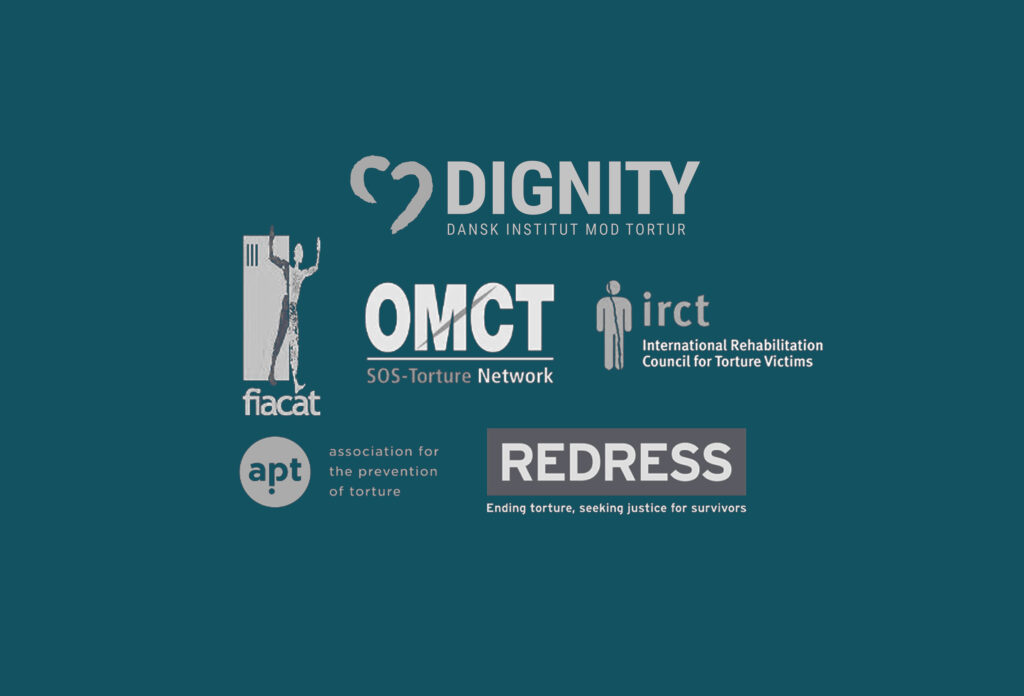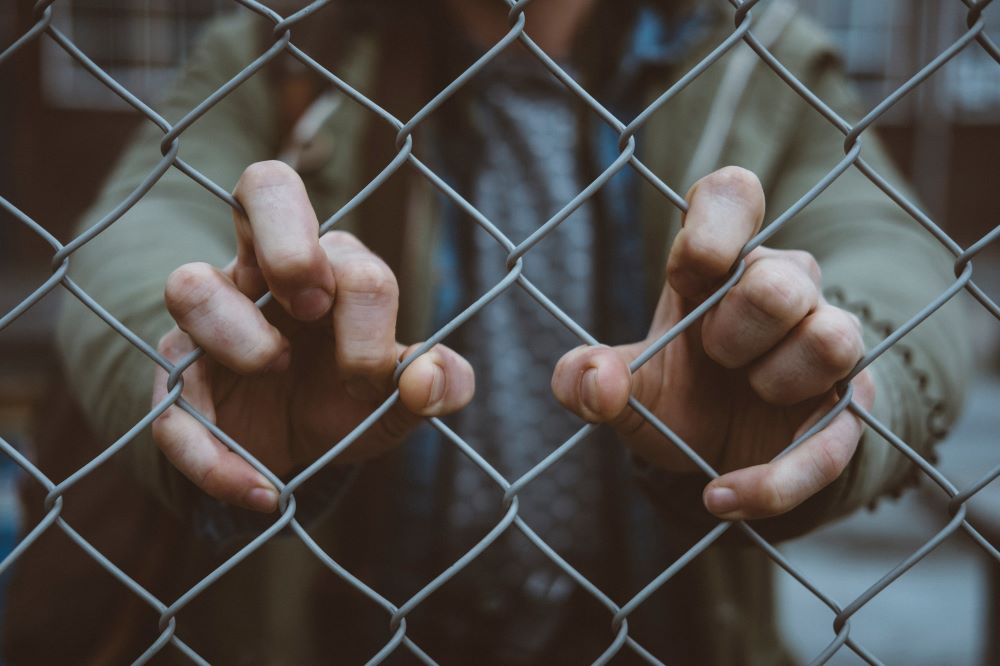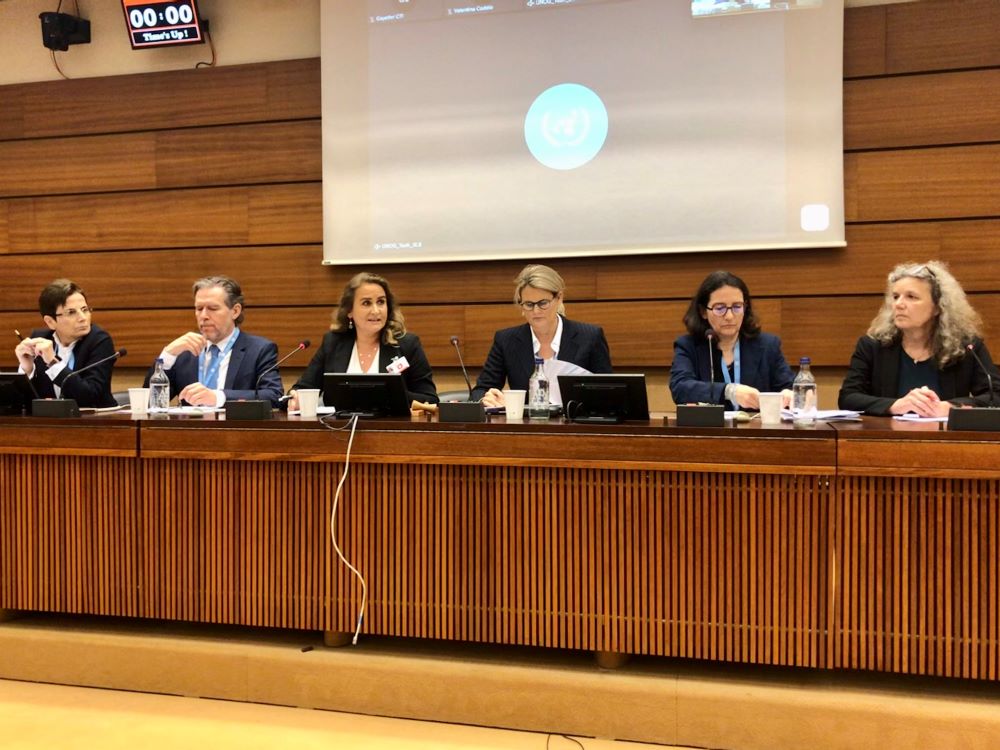Recommendations to the 2021-2024 programming for the NDICI programme on human rights and democracy
Human rights and democratic freedoms are in retreat worldwide. As the EU is renewing its commitment to promote human rights, the fight against torture and other cruel, inhuman, or degrading treatment or punishment (hereafter referred to as ‘torture and ill-treatment’), must be a top priority.
As the EU begins the process of prioritising how and where to allocate funds for the Neighbourhood, Development and International Cooperation Instrument (NDICI), high-level political commitments to eradicate torture globally must be translated into concrete actions – globally and at the country level.
With this submission, we, a group of leading anti-torture civil society organisations, offer our recommendations on how the EU can achieve substantive progress towards a world free of torture and ill-treatment.
High-level political commitment to combat torture in critical times
The past year has been a discouraging time for human rights, democracy, and the rule of law. We witnessed massive violations perpetrated against peaceful protesters and human rights defenders in Hong Kong, Belarus, Russia, Uganda, Peru, Burundi, Myanmar and in many other places.
Our partners in Egypt, Turkey, Philippines, Guatemala and elsewhere, experienced first-hand how Covid-19 became the convenient (illegitimate) excuse for too many regimes to clamp down on civil society voices, arbitrarily detain and ill-treat critical citizens. Covid-19 restriction measures have been enforced with excessive use of force all over the world.
Further, we witnessed once again how migrants and asylum seekers were ill-treated by authorities in and adjacent to the EU. Appalled, we saw no firm reaction to protect EU law and fundamental human rights.
2020 ended, however, with a positive demarcation with the adoption of the new EU Action Plan on Human Rights and Democracy 2020-2024, and the EU Regulation concerning restrictive measures against serious human rights violations and abuses.
This renewed EU commitment to defend human rights is encouraging. It is particularly positive to see the fight against torture featuring prominently in the EU Action Plan.
In combination with the European Council’s 2019 decision to reinforce the EU anti-torture policy towards third countries, and the EU leadership in the global Alliance For Torture-Free Trade, the EU and its member states have made a strong and univocal commitment at the highest political level to eradicate torture and ill-treatment.
We are encouraged by this commitment and look forward to seeing it translated into practice through, inter alia, the NDICI Human Rights and Democracy programme.
Representing leading international anti-torture organisations and networks as well as hundreds of local civil society organisations worldwide, we are pleased to offer the following recommendations to EEAS and INTPA.
Recommendation #1: prioritize, in actions, the fight against torture and ill-treatment
The funding allocation for the NDICI Human Rights and Democracy programme is only slightly larger than the EIDHR. Yet, the list of priorities is longer, and the challenges are prevalent in ever more countries.
In a situation with competing priorities, we strongly encourage the European Commission and its delegations, as a generic recommendation, to prioritize torture and ill-treatment strategically and substantially over the coming 7 years, i.e. by ensuring that programmatic funds are available regionally and globally to implement EU leaders’ political commitment to a world free of torture.
Torture is not just one of many human rights violations. It is one of the most severe and devastating crimes. Torture undermines trust in the judicial system and breeds mistrust in the democratic fabric of society. It leaves people and communities behind and it fertilizes the ground for other human rights violations.
As such, torture and ill-treatment effectively hinder the enjoyment of other human rights and the fulfilment of democratic principles and the rule of law. Eradicating torture and ill-treatment is therefore an endeavour that is closely linked to the promotion of other human rights such as the right to liberty and security, freedom of expression, the right to peaceful assembly and right
to vote and participate in public affairs.
After years where political leaders have questioned and undermined the universal prohibition of torture and ill-treatment, a firm and visible EU championship is direly needed to restore the integrity of the UN Convention against Torture.
Recommendation #2: promote a holistic, victim-centred approach to combat torture and ill-treatment
As established in the Guidelines on EU Policy Towards Third Countries on Torture and Other Cruel, Inhuman or Degrading Treatment or Punishment, fighting torture and ill-treatment effectively requires a comprehensive approach.
An approach that comprises high-level diplomacy and political pressure, investments in preventive mechanisms and effective criminal justice systems, civil society engagement, accountability for perpetrators, and redress for victims.
Acknowledging that limited resources may inhibit the risk of ‘siloed’ responses, we strongly encourage the European Commission to insist on a holistic approach, i.e. by making the required investments in all aspects of anti-torture action in any given context.
We particularly recommend the European Commission reinforce a victim-centered focused approach ensuring increased priority to redress for victims.
Recommendation #3: ally with civil society organisations
In most countries with a high prevalence of torture and ill-treatment, state institutions are not able and/or willing to effectively prevent torture, ensure accountability and assist victims.
Receding support human rights and democratic principles in many countries limit prospects of state-centred action when it comes to reducing torture and ill-treatment.
Rather, the time is for a reinforced support and strong alliances with civil society organisations – local as well as international. In many countries, CSOs are the primary champions of human rights: they have the skills and dedication to foster implementation of human rights in the social life of communities. Based on the ground, CSOs often have a better understanding of local needs with respect to torture and ill-treatment and are better able to devise responses and to
be held accountable for results.
We therefore recommend the EC to ensure adequate focus and funding allocations to civil society action against torture via the NDICI human rights and democracy programme.
Recommendation #4: prioritize action against torture and ill-treatment at country-level
We understand that a substantive share of the human rights and democracy programme will be implemented locally and in synergy with other programmes under the geographic allocations.
Given that the bulk of EU’s foreign policy action and influence is exerted at country-level, we strongly encourage the European External Action Service to prioritize, strategically and substantially, the fight against torture and ill-treatment in all relevant country-specific human rights and democracy strategies and country-based support schemes.
Specifically, we call on the EU delegations to scope the prevalence of torture and ill-treatment in the ongoing processes to develop human rights and democracy strategies, and hereafter prioritize achieving progress via comprehensive, victim-centred responses inclusive of civil society action.
In the political and diplomatic dialogue at country and international level, we recommend that EU Delegations to urge third countries to accede to the UN Convention Against Torture and its Optional Protocol, and to make them operational with support from civil society.
Securing full ratification and compliance with the OPCAT inside the EU will be key for the credibility and legitimacy of the EU and its Member States’ efforts to combat torture and ill treatment in third countries. We encourage EEAS to promote such policy coherence.
Recommendation #5: make strategic global investments in the anti-torture cause
At global level, the thematic programme on human rights and democracy must make dedicated strategic investments in the global fight against torture.
Concretely, it means working with human rights institutions as well as local and international civil society to boost torture prevention methods, the international documentation capacity (in particular for human rights emergencies), as well as making investments in research and aggregated analysis in support of more effective accountability and rehabilitation.
We recommend making at least two global calls on anti-torture action under the human rights and development programme between 2021-24.




